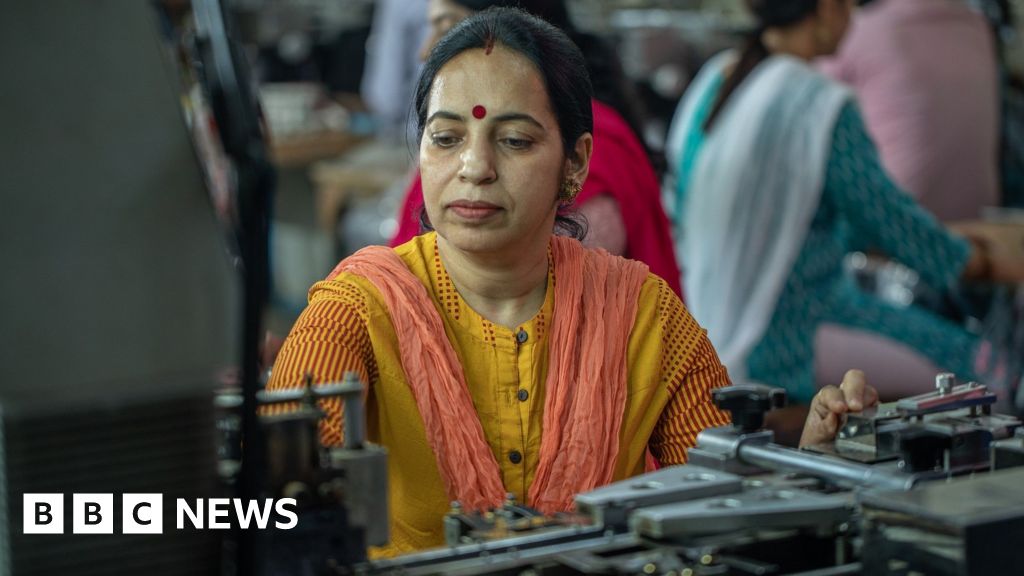Summary:
Promoting female entrepreneurship enhances women's workforce participation.
Female-owned businesses employ significantly more women than male-owned firms.
Women make up about 14% of entrepreneurs in India, contributing to MSMEs.
Removing barriers could significantly boost female-owned businesses and economic growth.
Policies supporting female entrepreneurship are crucial for economic empowerment.
Empowering Women Through Entrepreneurship
A new study highlights how promoting female entrepreneurship can greatly enhance women's workforce participation. By creating more opportunities for other women, female-led businesses can drive significant economic growth.
Imagine a world where women, though half the population, own less than a fifth of businesses. This is the reality uncovered by the World Bank in a survey spanning 138 countries from 2006 to 2018.
Women in Business
Interestingly, female-owned businesses empower other women. In male-owned firms, only 23% of workers are women, while female-owned businesses employ far more. Moreover, just 6.5% of male-owned businesses have a woman as the top manager, compared to over half of female-owned firms being led by women.
In India, the situation is more challenging, with female labor participation and entrepreneurship being low. The number of women in the workforce has barely changed over the past 30 years. However, women make up about 14% of entrepreneurs and significantly contribute to micro, small, and medium enterprises (MSMEs).
Most MSMEs in India are microenterprises, with many women-owned businesses being single-person ventures. Despite this, women's contribution to India’s GDP is just 17%, less than half the global average.
Barriers to Female Entrepreneurship
A paper by Gaurav Chiplunkar and Pinelopi Goldberg argues that promoting female entrepreneurship could significantly boost women's workforce participation. They found substantial obstacles to women's employment and higher costs for female entrepreneurs when expanding their businesses.
Simulations showed that removing barriers would boost female-owned businesses, increase women’s workforce participation, and drive economic gains through higher wages and profits.
Policy Recommendations
Policies that support female entrepreneurship are crucial. They can be more effective than changing long-standing social norms. Current barriers include limited access to childcare, transportation, and social security benefits.
Despite recent increases in women’s labor force participation, the increase reflects self-employment rather than regular salaried jobs, which are essential for economic empowerment.
Research indicates that India could achieve 8% GDP growth by ensuring women make up over half of the new workforce by 2030. Boosting female entrepreneurship could pave the way towards this goal.









Comments